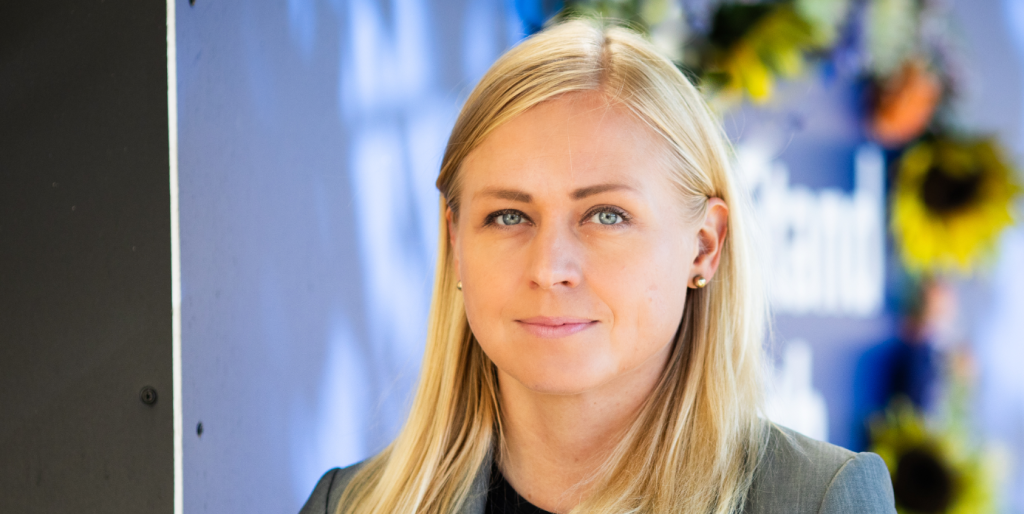Finland’s Foreign Minister Open to the Possibility of NATO Troops in Ukraine.
Others are reading now
The possibility of NATO troops being deployed to Ukraine is not off the table, according to Elina Valtonen, the head of the Finnish Ministry of Foreign Affairs. In a recent interview with Politico, Valtonen highlighted the importance of keeping all options open as the situation on the front could worsen.
“It’s important that we don’t rule everything out in the long run because we never know how serious the situation will become,” Valtonen stated, emphasizing the current stance of Finland which does not foresee sending soldiers at this juncture.
International Stance on NATO Troops in Ukraine
The discussion around NATO’s potential involvement in Ukraine has seen varying levels of support from different countries. Canada has expressed readiness to dispatch soldiers for training purposes within the Ukrainian armed forces. Similarly, Estonia’s Prime Minister, Kaja Kallas, mentioned her country’s openness to “all possibilities” regarding assistance to Ukraine.
Lithuania has also shown willingness to contribute to the training of Ukrainian soldiers, though it prioritizes the provision of weapons and ammunition. The Netherlands, through the voice of General Onno Eichelsheim, head of its armed forces, is contemplating the idea but believes “it is not time yet” for such actions.
Also read
The UK, as clarified by a spokesperson for Prime Minister Rishi Sunak, does not plan a large-scale troop deployment in Ukraine, although a small British contingent is already present.
French President Emmanuel Macron, following a meeting of European leaders in Paris, stated that no decision has been made on the official dispatch of Western ground forces to Ukraine, but he did not dismiss the possibility for the future.
Russia’s Response to Western Military Involvement
The contemplation of NATO’s involvement has elicited a stern warning from Russian President Vladimir Putin, who declared Moscow’s readiness to use nuclear weapons should NATO countries proceed with sending troops to Ukraine. This statement came after the Kremlin had previously cautioned the West against any military deployment in Ukraine, indicating that such a move would result in a direct conflict with Russia, as per Dmitry Peskov, Putin’s spokesman.
The evolving geopolitical landscape underscores the delicate balance of international relations and the critical importance of diplomatic efforts to prevent further escalation of the conflict in Ukraine.


